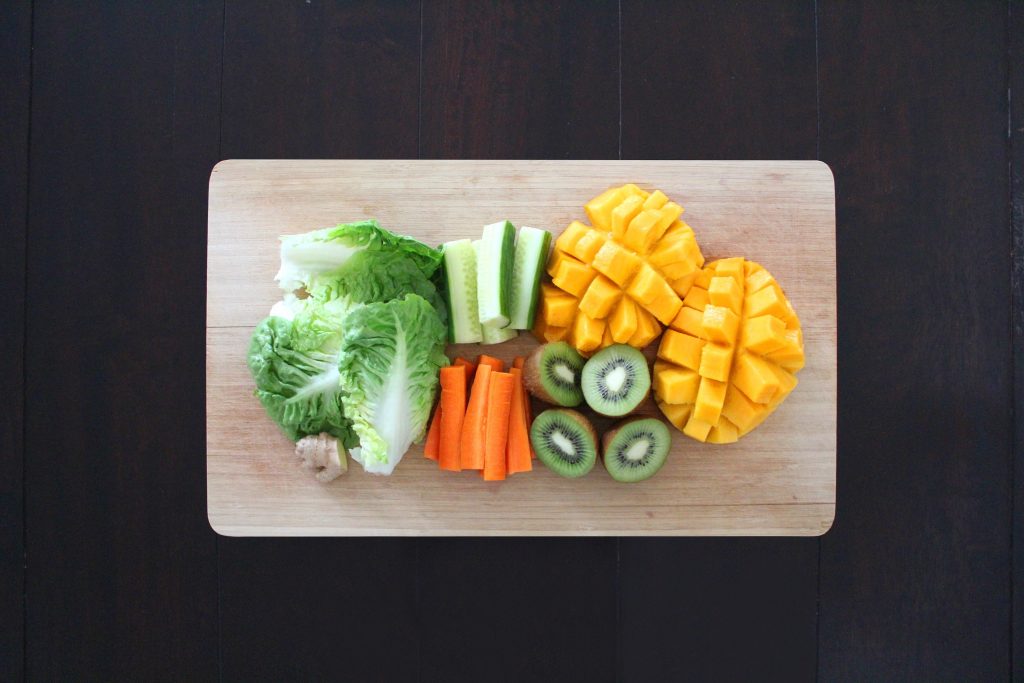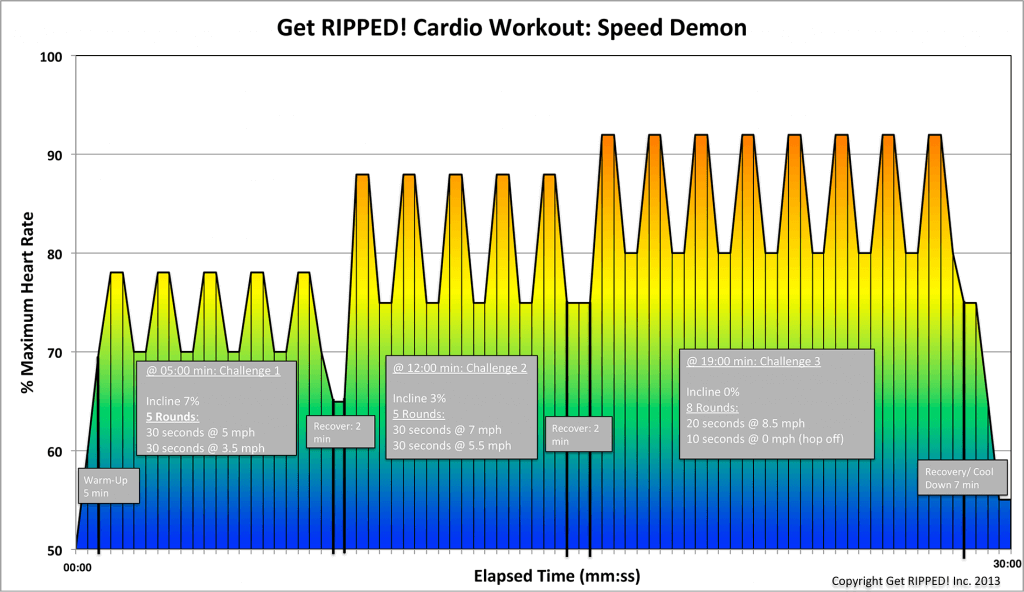Nutrition, Nutrition Tips
How Can Vegetarians Get All The Nutrients They Need?
If you’ve considered a vegetarian, remember it’s more about the food you eat than just the fact it’s all plant based. If you’re depending on processed food, sugary products, or high-calorie, high-salt selection, you may not get all the nutrients your body requires. There are all types of vegetarian diets. Lacto vegetarians keep milk products in their diet, while ovo vegetarians include eggs. Lacto-ovo vegetarian diets contain both. Pescatarians omit all animal products but fish, but some include dairy and eggs. Vegans are the strictest and allow no animal flesh or products in their diet. The hardest type of diet to balance is the vegan diet.
You can’t get some nutrients from plants.
Vitamin B12 is one of the nutrients not found in plants. It’s only in animal products and fortified foods. Creatine is a biochemical that improves brain and muscle function. Your body can produce creatine, but studies show vegetarians have less in their muscles. Even on a lacto-ovo-vegetarian diet, it can diminish. Another non-essential but vital nutrient called carnosine is only found in the muscles and brains of animals. It also isn’t essential since the body can create it from two amino acids: beta-alanine and histidine. Unfortunately, the main source of beta-alanine is meat, fish, and poultry.
Red meat has some redeeming qualities.
While a diet of only red meat isn’t healthy, if your diet contains some, the chances of becoming anemic are reduced. Plants contain non-heme iron, but it’s not easily absorbed. The heme iron found in animal meat is easier to absorb and can improve the absorption from plant sources. Another nutrient found in fatty fish, fish oil, and microalgae is DHA—docosahexaenoic acid. It’s an omega-3 fatty acid. Your body can make DHA from ALA, another omega-3 fatty acid, but not efficiently.
Balancing amino acids may be difficult.
If you’re a vegan, you have to balance your diet carefully to ensure you get complete proteins. A complete protein source contains all 9 essential amino acids—the amino acids the body can’t make. There are few sources of complete proteins available for vegans. Quinoa, buckwheat, hemp seeds, chia seeds, spirulina and chlorella, soy products, seitan, amaranth, pumpkin seeds, and nutritional yeast are those sources. If protein isn’t a complete protein, you have to combine sources to include all 9 essential amino acids, such as beans and rice. Animal protein sources are all complete and easier to digest.
- To get the maximum benefit from a vegan diet, you have to plan carefully and choose a variety of vegetables and fruits. Vegans can include microalgae, nutritional yeast, and supplements to ensure you meet nutritional requirements.
- Include adequate calcium and vitamin D. Foods with calcium include dark green vegetables like broccoli, kale, and greens. Safe sunning is a way to increase vitamin D levels.
- Supplements, enriched cereals, or fortified soy products can help vegans boost vitamin B-12. Nutritional yeast is another source for vegans. Lacto-ovo-vegetarians will find it easier since eggs and milk are sources.
- If you’re considering a vegetarian diet, start with a pescatarian diet that includes eggs and milk. You can build your knowledge and add recipes and menus before becoming vegan or another form of vegetarian.
For more information, contact us today at Get RIPPED! by Jari Love


